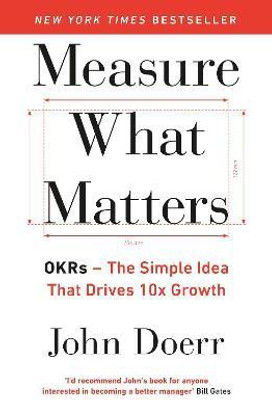
IGNOU BMS1 BMS2 BMS3 Study Guide (In Depth Guide) for Ignou Student Certificate Programme in NGO Management (CNM) (Paperback, BMA Publication)
Share
IGNOU BMS1 BMS2 BMS3 Study Guide (In Depth Guide) for Ignou Student Certificate Programme in NGO Management (CNM) (Paperback, BMA Publication)
Be the first to Review this product
₹1,169
₹2,000
41% off
Available offers
T&C
T&C
T&C
Delivery
Check
Enter pincode
Delivery by5 Jul, Saturday
?
if ordered before 8:59 PM
View Details
Highlights
- Binding: Paperback
- Publisher: BMA PUBLICATION
- ISBN: 9789154028962
- Edition: LATEST, 2024
- Pages: 350
Services
- Cash on Delivery available?
Seller
Description
The IGNOU Certificate Programme in NGO Management (CNM) comprises three courses: BMS1, BMS2, and BMS3. These courses are designed to equip students with knowledge and skills necessary for effective management and operation of non-governmental organizations (NGOs).
BMS1, "Introduction to NGO Management," serves as the foundational course, introducing students to the basics of NGO management. It covers topics such as the role and significance of NGOs in development, governance structures, legal and regulatory frameworks, funding mechanisms, and ethical considerations. The course provides an overview of different types of NGOs, their missions, and their impact on society.
BMS2, "NGO Administration and Finance," focuses on the administrative and financial management aspects of NGOs. It covers topics such as project planning and management, fundraising strategies, financial planning and budgeting, accounting principles, financial reporting, and compliance with donor requirements and legal regulations. The course aims to equip students with skills to manage resources effectively and ensure organizational sustainability.
BMS3, "NGO Communication and Advocacy," addresses strategies for communication, advocacy, and networking in NGOs. It covers topics such as stakeholder engagement, public relations, media relations, advocacy campaigns, social media strategies, and building partnerships with other organizations and stakeholders. The course emphasizes the importance of effective communication in raising awareness, mobilizing support, and influencing policy decisions.
Together, these courses provide a comprehensive guide to NGO management, preparing students for leadership roles within NGOs, civil society organizations, and development agencies. The CNM program from IGNOU combines theoretical knowledge with practical skills development, encouraging critical thinking and strategic planning in addressing social issues and promoting sustainable development. It is suitable for individuals aspiring to work in the nonprofit sector, engage in community development initiatives, or pursue careers in humanitarian aid, social work, advocacy, and policy-making.
Read More
Specifications
Book Details
| Publication Year |
|
| Exam |
|
| Number of Pages |
|
University Books Details
| Degree/Diploma |
|
| Subject |
|
Additional Features
| Age Group |
|
Dimensions
| Width |
|
| Height |
|
| Depth |
|
| Weight |
|
In The Box
|
Be the first to ask about this product
Safe and Secure Payments.Easy returns.100% Authentic products.
Back to top




